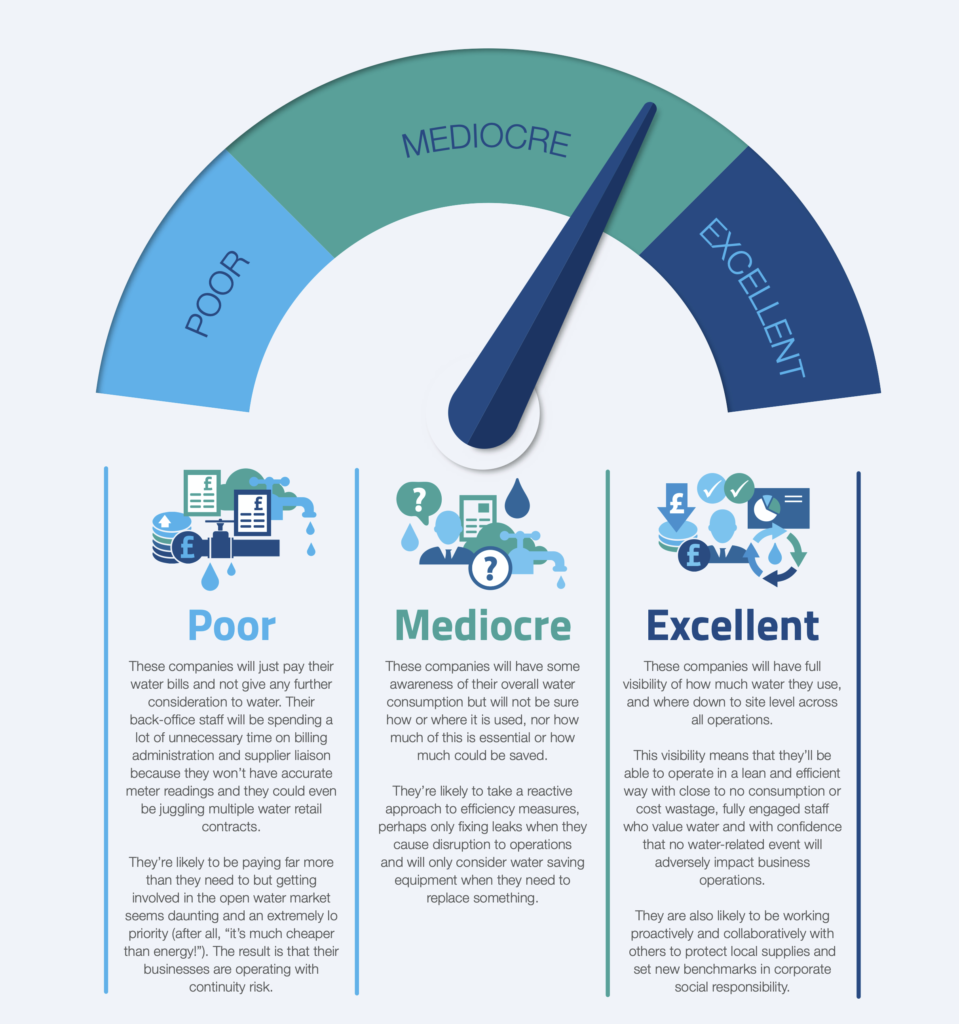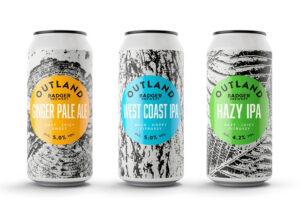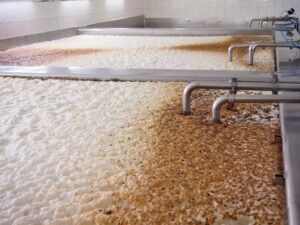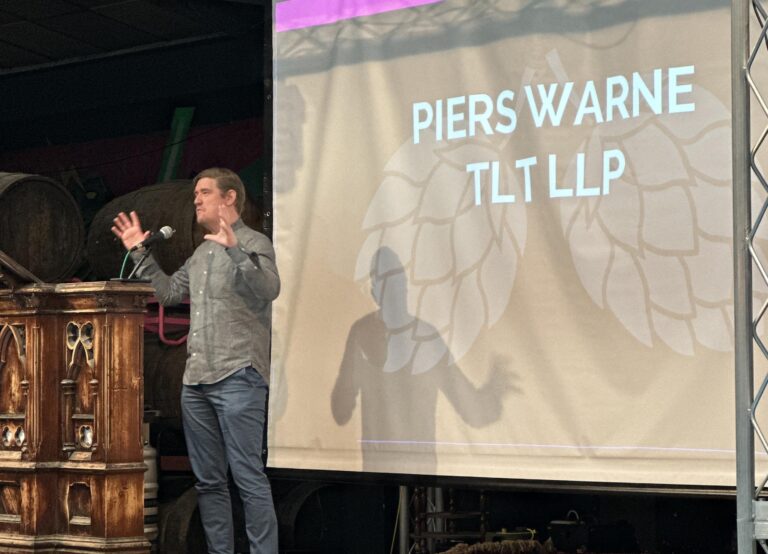As businesses consume a large proportion of the UK’s available water, it is imperative that breweries play our part if we are to achieve a sustainable future water supply, explain Waterscan.
Everyone needs water. Water sustains life. It creates growth and prosperity. It’s the lifeblood of your business.
Think for a second… how long could your business continue to operate without it? Give it a day and you’re in crisis management mode. Within a week, customer confidence in you and your financial targets are impacted, and the reputation you’ve worked so hard to build is at stake.
Now think for a minute… when was the last time you analysed your organisation’s water data? Do you know how much water you consume and how much it costs your business? If you’re not sure, you’re not alone. For most businesses, water plays second fiddle to gas and electricity. It’s comparatively cheap, it’s apparently readily available and there’s traditionally been little stakeholder pressure to act.
So, what’s the big deal?
The big deal is that, roughly twenty years from now, water demand (which is rising due to population growth and business development) is predicted to exceed water availability (which is declining due to climate change and aging infrastructure). At this tipping point, when water scarcity impacts our daily lives, everyone will sit up and take notice, but that is the point when it will be too late, especially for businesses that rely heavily on water to operate.
Make water work for you
As businesses consume a large proportion of the UK’s available water, it is imperative that we play our part if we are to achieve a sustainable future water supply and resilient companies.
Businesses that are proactive on water will futureproof their operations through:
·Lowering their bills and increasing competitiveness in their marketplace.
u Becoming more resilient to the effects of climate change and water scarcity by making them less dependent on external factors.
u Building long-term reputational gains by playing an active, collaborative role in the communities within which they operate.
u Acting on environmental sustainability. It’s also worth noting that, while saving water is a success in itself, this will also positively impact other goals like emission reduction and progress towards net zero because supplying and treating water is carbon intensive.
If you are yet to instigate a water resilience strategy, it may seem daunting at first and perhaps not much of a priority right now. Rest assured though, that the benefits of doing so are numerous, usually resulting in a swift return on investment and ongoing benefits to your business that will be realised for decades.
As with most things, if you can’t measure it, you can’t manage it. The first step is to benchmark your operation before deploying the ten steps to water resilience that will help to safeguard your business.
don’t forget the waste
Of course, driving water efficiency through consumption management is only part of the puzzle: a point that was thrown into clear focus during the first Covid-19 pandemic lockdown when around 87 million pints were rendered out-of-date and unsaleable as a result of closures across the hospitality arena. While waste prevention is always at the top of the waste hierarchy, it became clear that in this unforeseen situation, disposal would be necessary.
The challenges were well documented but, in most cases, the focus was on financial rather than environmental costs. Amid warnings from a myriad of sources that wildlife would be harmed if large quantities of beer were washed away to end up in rivers and waterways, however, this waste disposal process needed careful consideration.
Dealing with this level of trade effluent on a nationwide scale required sound data and processes as well as multi-layered collaboration at scale. Starting with risk assessments, verification of stock levels and analysis of environmental risks on a region-by-region basis, we helped customers to dispose of this trade effluent safely. While this situation was quite unprecedented, the takeout is that responsible management of water waste cannot be underestimated in an increasingly regulated environment.










